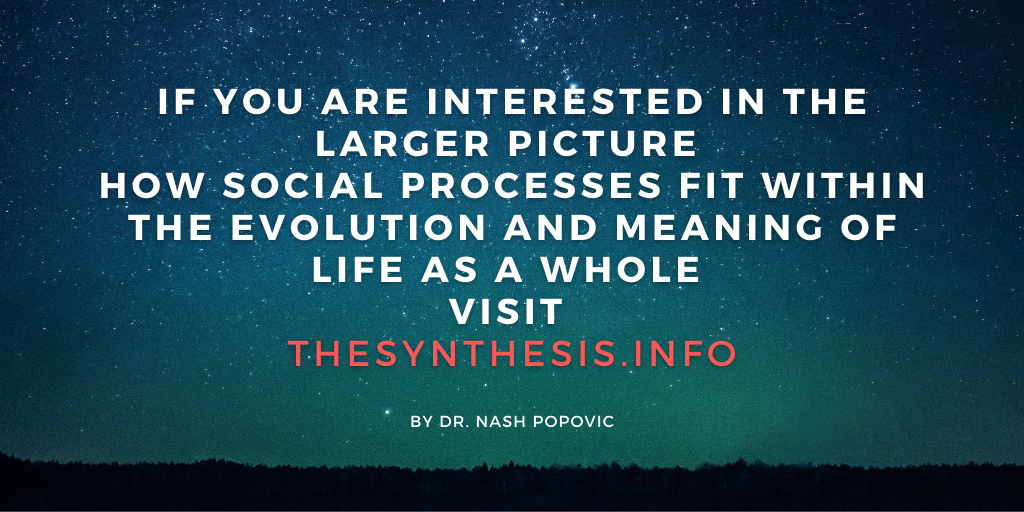Beside the three main components outlined above, this system of global governance would also include the Secretariat, although its role would be somewhat different to that of the UN’s equivalent. Its principal functions would be to:
- coordinate the workings of the other three bodies
- be responsible for their daily practical operations
- oversee the implementation of decisions
- be the ‘face’ of the whole organisation
- gather information and periodically report on the state of the world
- present to all three bodies issues for consideration
- suggest increases or decreases in the budget.
In exceptional cases of great urgency, the Secretariat and the General Secretary would be able to make decisions (with as much consultation with the representatives from all three chambers as time permits). This is necessary as a swift response could sometimes be needed. It would at the discretion of the Secretariat and the General Secretary to decide if it is necessary to exercise this option, following strict guidelines approved by all three chambers. Any decision made in a breach of the guidance would be considered void. If such a decision involved the rapid deployment of a military force, it should only be for a strictly limited time period during which the three chambers could debate the wisdom of the initial deployment and either terminate or continue with it.
The members of the Secretariat and the General Secretary could be nominated by any of the four bodies (including the Secretariat itself), but for a nominee to be appointed, at least two other bodies would need to give their approval. The Secretariat would also have a team of civil servants worldwide. Their role would be to provide studies and information on the one hand, as is the case in the UN now, and collect and select grass-roots proposals (from NGOs, interest groups such as students, or the general public) on the other. Most existing commissions and specialised agencies could be retained, as well as the International Criminal Court, which would have the role of investigating and sentencing those who have committed crimes against humanity, war crimes, crimes with global consequences (such as endangering the global environment) or violations of international space, property or personnel. The Secretariat would also liaise with international organisations such as the World Health Organization, the International Labour Organization, the World Bank, the International Monetary Fund and the World Trade Organization, providing there is still a need for such organisations and that they are sufficiently reformed in line with more democratic and cooperative principles.


